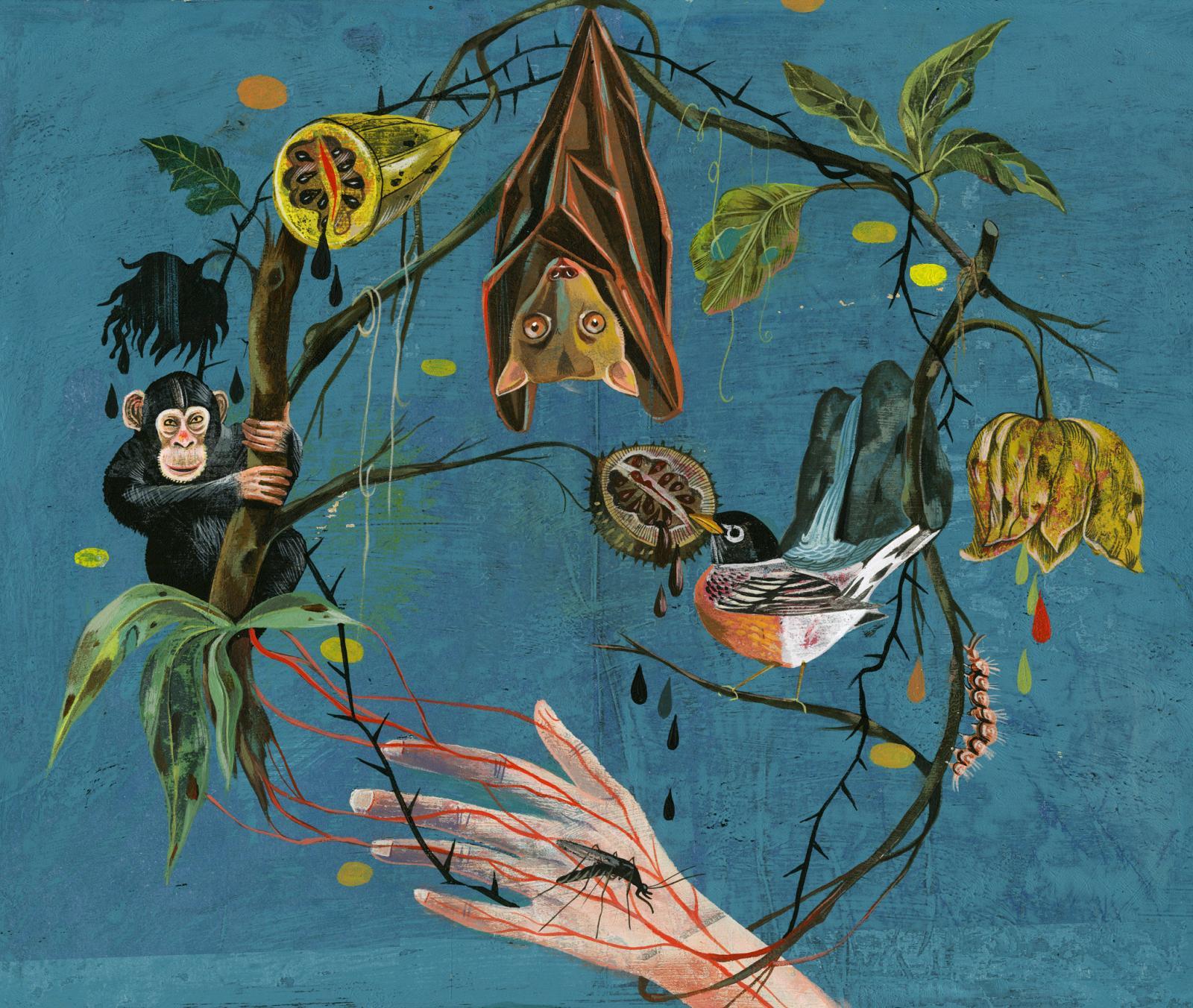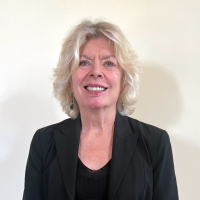
At the Simpson Center, we envision our space as one that brings people together to think through pressing concerns and lines of inquiry shared across disciplinary boundaries. Sometimes we transcend them—in enlivening conversations that are themselves events of research.
In this time of upheaval and vulnerability, the Simpson Center is committed to fulfilling its mission of fostering crossdisciplinary exchange and building intellectual communities across the UW and beyond, while also working to secure much-needed resources for our faculty, students, and staff in the present moment. The current crisis has, in so many ways, laid bare the mutuality and interconnectedness of our well-being towards which the humanities so often gesture.
I am in admiration of the spirit of collaboration and inventiveness on the part of our faculty and graduate students who have embraced the commitment to online instruction and generously shared their resources and knowledge with the wider teaching community. I can also report that our intrepid faculty have turned to imagining new ways of recasting the in-person research conferences and workshops they had planned for this spring. We have postponed the majority of our spring events until next academic year, including the visit of Ruth Wilson Gilmore as our Katz Distinguished Lecturer. But this quarter at least four events will be moving online, enabling us to learn how best to create and support remote as well as hybrid events in the future, drawing inspiration, too, from the Ecology and Religion in Nineteenth-Century Studies Conference we hosted this past September.
At the Simpson Center, we envision our space as one that brings people together to think through pressing concerns and lines of inquiry shared across disciplinary boundaries. Sometimes we transcend them—in enlivening conversations that are themselves events of research. We did so this past February when the anthropologist Anna Tsing was here, inviting us to think with her about world-building projects. “It takes concrete histories to make any concept come to life,” she writes in her intellectually exhilarating and sobering book, The Mushroom at the End of the World: On the Possibility of Life in Capitalist Ruins, which offers an anthropology of “always–in-process collaboration” among humans and non-humans in what Tsing describes as the “more-than-human” Anthropocene.
I think of the mushroom book, as it is affectionately called, and Richard Powers’s magisterial novel The Overstory as companion species, books to carry with us in our minds and as memories. Both portray a sprawling and interconnected posthuman world. Tsing and Powers share a deep feeling for forests and believe trees serve as protectors of humankind—and other species—even as they are at terrible risk of mutilation and murder, subject to clear-cutting for so-called economic development that can contribute to disastrous unintended effects, including events like our current pandemic.
I think of these two books themselves as protectors, gifts of the humanities, offering us equipment for living—renewing our curiosity, expanding our understanding, and, perhaps, even imparting solace.
Kathleen Woodward (she/her/hers)
Kathleen Woodward is Bryon W. and Alice L. Lockwood Professor in the Humanities and Professor of English at the University of Washington. She is the author of Statistical Panic: Cultural Politics and Poetics of Emotions (2009), Aging and Its Discontents: Freud and Other Fictions (1991), and At Last, the Real Distinguished Thing: The Late Poems of Eliot, Pound, Stevens, and Williams (1980).
